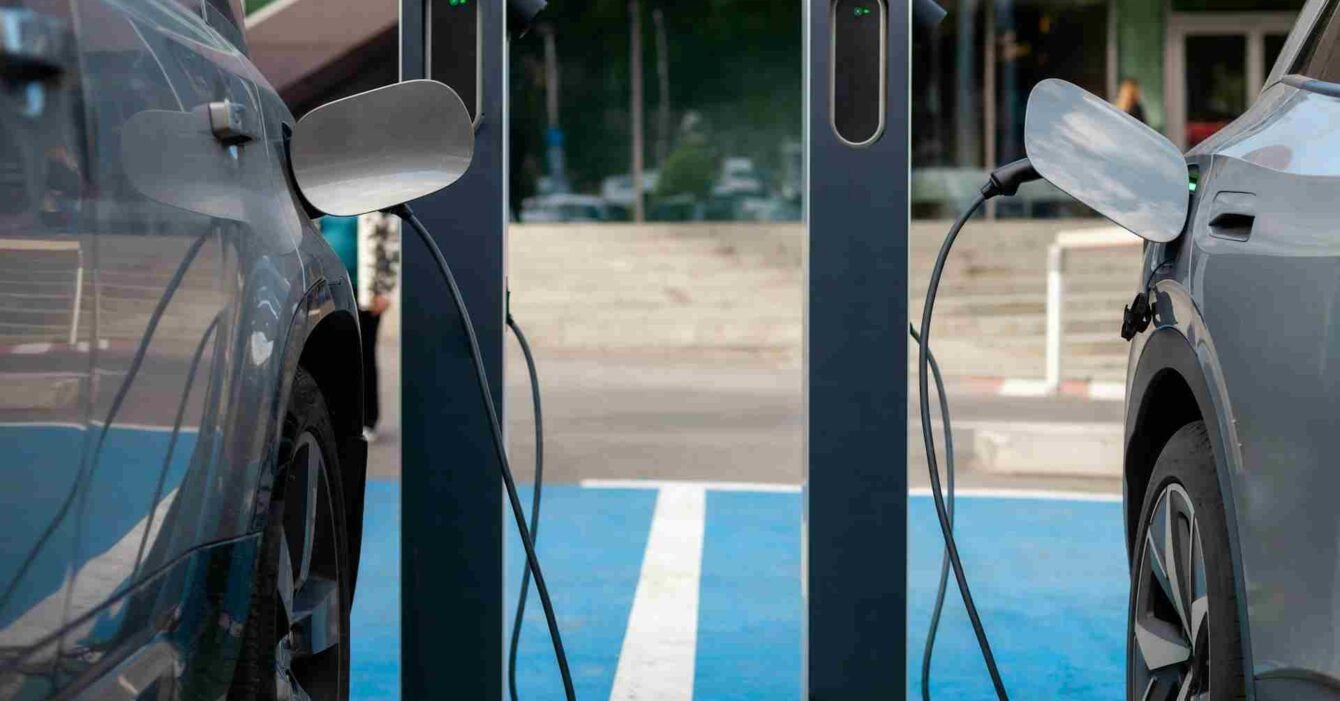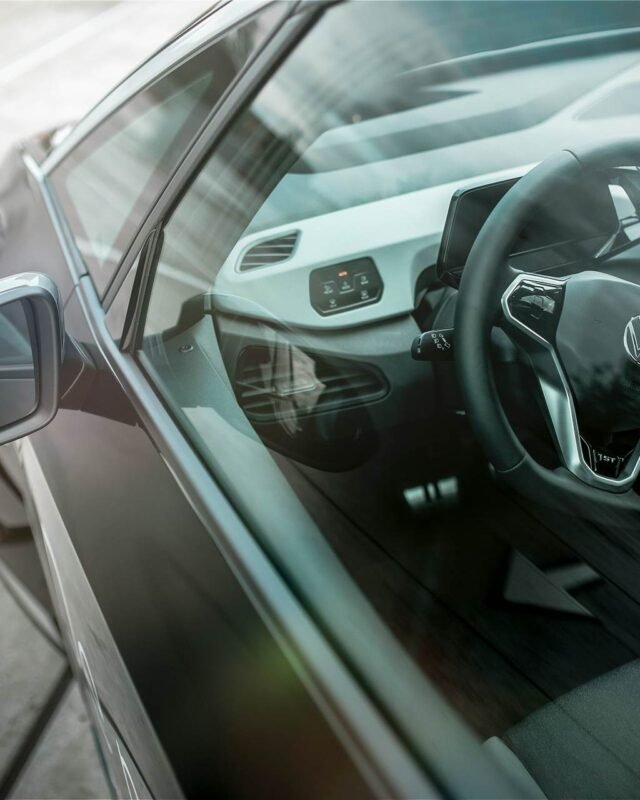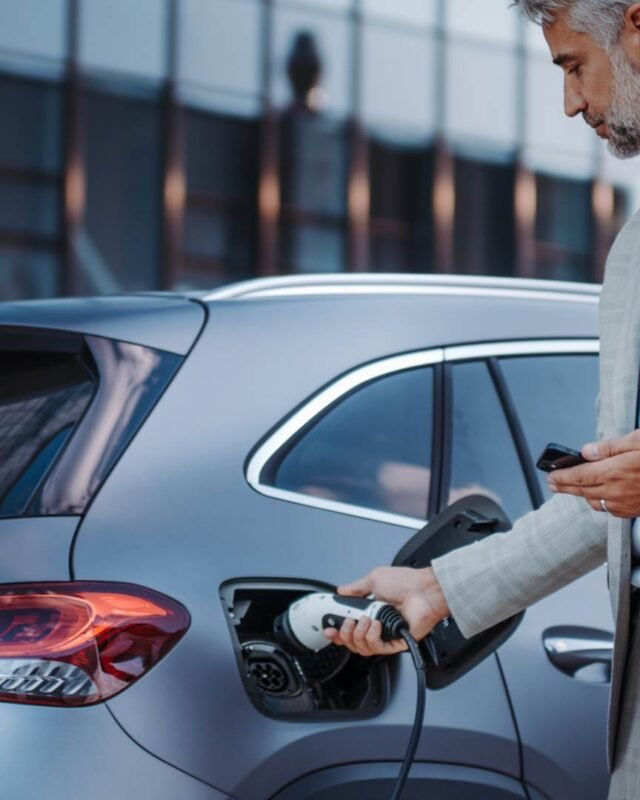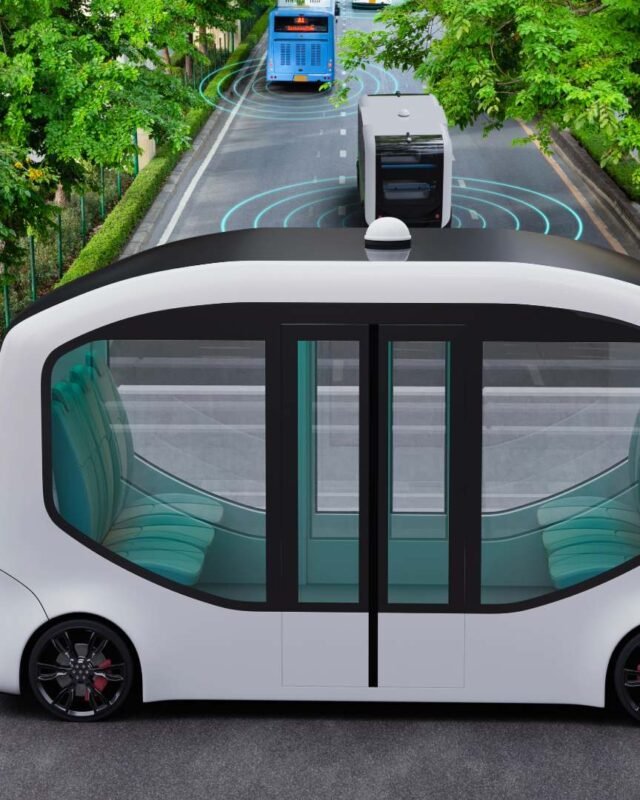Riyadh’s EV Charging Network Gains Momentum with 5,000 Fast Chargers
Saudi Arabia’s electric mobility ambitions are accelerating, and nowhere is this more evident than in Riyadh. EVIQ, the kingdom’s leading EV infrastructure provider, has signed a landmark memorandum of understanding (MoU) with Remat Al-Riyadh Development to deploy a city-wide network of EV charging stations. This initiative directly supports the national target of 30% EV adoption by 2030 and reflects a broader commitment to sustainable urban transformation under Saudi Vision 2030.
EVIQ, a joint venture between the Public Investment Fund (PIF) and the Saudi Electricity Company (SEC), plans to install over 5,000 fast chargers across Saudi cities and highways. This scale of deployment marks a pivotal moment in the evolution of Saudi EV Infrastructure, ensuring that electric mobility becomes not just viable, but convenient and accessible for all.

Strategic Urban Planning Meets EV Infrastructure Rollout
The partnership between EVIQ and Remat Al-Riyadh is more than a technical deployment—it’s a strategic integration of EV infrastructure into Riyadh’s urban fabric. By aligning with the municipality’s broader goals for quality of life and efficient transportation, the project ensures that EV chargers are placed where they matter most: high-traffic zones, residential hubs, and public parking areas.
Remat Al-Riyadh’s CEO, Abdullah bin Sulaiman Abu Dawood, emphasized that this collaboration complements ongoing mobility initiatives like “Riyadh Parking,” reinforcing the city’s push toward alternative transportation solutions. The smart placement of chargers is designed to reduce range anxiety and encourage EV adoption among residents and visitors alike.
Manufacturing Boost: FIT’s Saudi Factory to Begin Production in 2026
Saudi EV Infrastructure is not only expanding through deployment—it’s being built from the ground up. Foxconn Interconnect Technology (FIT), through its joint venture Smart Mobility, will begin constructing its first EV charger manufacturing facility in Saudi Arabia this December. The factory is expected to start production in 2026, adding a critical layer of domestic capability to the kingdom’s EV supply chain.
FIT’s expansion into EV connectivity and charging was catalyzed by its acquisitions of Germany’s Prettl SWH group (renamed FIT Voltaira) in 2023 and Auto-Kabel Group in 2024. With projected revenue of $700 million from its auto mobility segment this year, FIT’s investment signals strong confidence in the region’s electrification trajectory.
Public-Private Synergy Drives Saudi EV Infrastructure Growth
The Saudi EV Infrastructure push is a textbook example of public-private synergy. EVIQ’s backing by PIF and SEC ensures institutional support, while partnerships with municipal bodies like Remat Al-Riyadh enable localized execution. Meanwhile, private sector players like FIT bring manufacturing expertise and global supply chain integration.
This multi-stakeholder approach is essential for achieving the kingdom’s 2030 target: 30% of all vehicles electrified. It’s not just about installing chargers—it’s about creating an ecosystem where EVs can thrive, from production to plug-in.
Infrastructure as a Catalyst for Clean Energy Transition
Saudi Arabia’s clean energy goals hinge on the success of its EV strategy. By embedding Saudi EV Infrastructure into urban planning and industrial development, the kingdom is laying the groundwork for a low-emission future. The deployment of 5,000 fast chargers and the establishment of a domestic manufacturing base are more than milestones—they’re catalysts for behavioral change, economic diversification, and environmental stewardship.
As the country moves toward its 2030 vision, the importance of robust, accessible, and locally produced EV infrastructure cannot be overstated. It’s the backbone of a smarter, greener mobility landscape.
Also Read: How Saudi Tackles 0.2% EV Penetration: Strategic Levers in Motion



